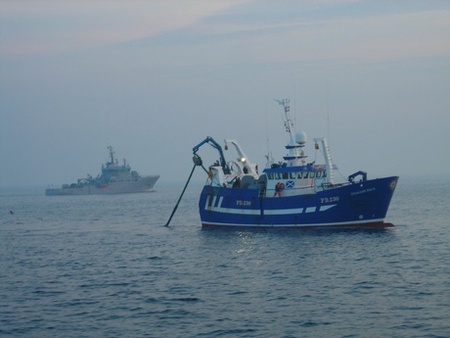World Fishing highlights the study, led by Professor Paul Fernandes, that has shown that catch share is significantly out of kilter relative to actual fish distributions.
In the European Union, the share of the catch - or fish quotas - as they are better known, are based on where - and how much - fishermen were catching almost 50 years ago, back in the 1970s. However, many fish populations have since moved, due to warming oceans and the recovery from exploitation, and now new research led by the University of Aberdeen has determined just how far out of kilter fish quotas are, relative to fish distributions.
In the North Sea, for example, the UK is allocated less than 1% of the total hake catch, yet more than 28% of the population are in UK waters.
Professor Paul Fernandes, a fisheries scientist at University of Aberdeen’s School of Biological Sciences, who led the study said: “It is no wonder that the UK fleet has such a massive discard problem in the North Sea. When the quota shares were set up in the 1970’s, there was hardly any hake in the northern North Sea, now there are huge quantities of hake and the fishermen have virtually no quota there. The population of hake increased five-fold in the last decade, and much of it is now in the North Sea.”
University of Aberdeen, The Communications Team: Full News Article
The article is open access and available at https://conbio.onlinelibrary.wiley.com/doi/full/10.1111/conl.12702


